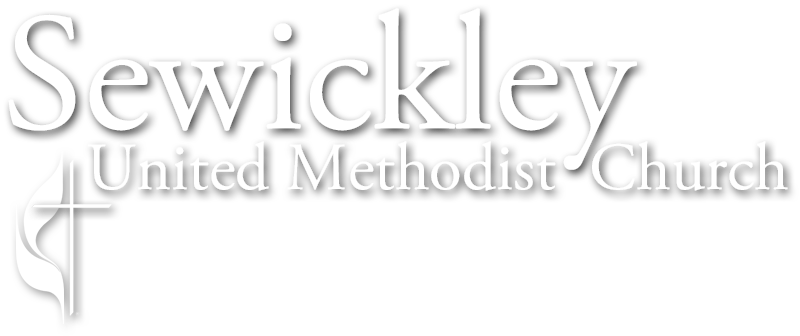As your congregational leader, I have some questions for you. If anything is on your mind that you would like to share, please call and talk with me. (724-316-7895 / lpspapep@hotmail.com). Are you worried about the disaffiliation happening in our denomination? Are you thinking about our potential change to a SAS model – Simplified, Accountable Structure for SUMC? Is there something during worship service that you desire to add or change? Other? Please let me know.
What About Wesley?
During this time when our church is in the media, I thought it might be helpful to remind ourselves why we love being Methodists. Over the next few newsletters, I will share highlights of John Wesley’s life and theology, which serves as our Methodist foundation.
While at Oxford in 1737, John and his brother Charles formed a religious organization called the “Holy Club” with other students at Oxford. They decided to conduct their lives based on rules and methods, so they called themselves “Methodists” for the methodical way in which they carried out their Christian faith.
When John Wesley traveled to Georgia at the request of Governor Oglethorpe, he worked as a missionary to the Native Americans. On the ship to America, he met a band of Moravian missionaries. He was impressed by their spiritual strength and joy in the Lord. During a terrible storm, the Moravians remained calm and faithful and continued to worship the Lord. Inspired, Wesley talked with the Moravians throughout the storm and into the night discussing evangelistic preaching, instantaneous conversion, and holiness.
Two years later, John Wesley returned from America in despair as he considered his mission a failure. He and his methods were not accepted by the settlers. Back in England, Wesley struggled with his sins and his desire for salvation. He received spiritual counsel from Peter Boehler, a Moravian leader he met on the ship. Boehler taught Wesley about instantaneous conversion by faith alone. Wesley, supported by Boehler’s guidance, began to extemporaneously pray whenever he desired. Wesley read scriptures and prayed for an understanding and experience of salvation through faith.
On May 24, 1738, during a Fetter Lane Society meeting at Aldersgate, Wesley experienced God’s saving grace and wrote, “I felt I did trust in Christ alone for salvation; and an assurance was given me that He had taken away my sins, even mine, and saved me from the law of sin and death.”
What is an extemporaneous prayer? An extemporaneous prayer is one that you create from your heart. It is an impromptu prayer that enables you to talk to our Creator intimately. There is no specific liturgy with memorized words. Extemporaneous prayers are ones that are very special to Methodists as we believe that we have a direct line to God, and we can share anything with him at any time.
Practice:
Talk to God as though he is sitting next to you, and tell him what is on your mind
Start now, and don’t put it off
Be honest with God — He is your Creator
Do it frequently

